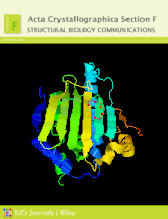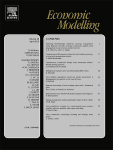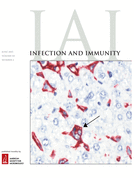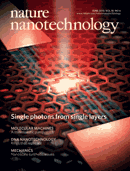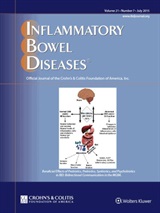 A biologist at Case Western Reserve University School of Medicine in Ohio has retracted a paper from Inflammatory Bowel Diseases after a university review found the figures within it could not be “validated by original data.”
A biologist at Case Western Reserve University School of Medicine in Ohio has retracted a paper from Inflammatory Bowel Diseases after a university review found the figures within it could not be “validated by original data.”
The 2010 paper, “Elevated IL-13Rα2 in intestinal epithelial cells from ulcerative colitis or colorectal cancer initiates MAPK pathway,” concerns the elevated expression and role of an inflammatory protein in colon cancer cells.
According to the notice, corresponding author and biologist Alan Levine — who recently received a $3.9 million Avant-Garde Award for HIV/AIDS Research from the National Institute on Drug Abuse — requested the retraction.
Here’s the full notice: Continue reading Gut paper retracted after university review says “figures cannot be validated by original data”

